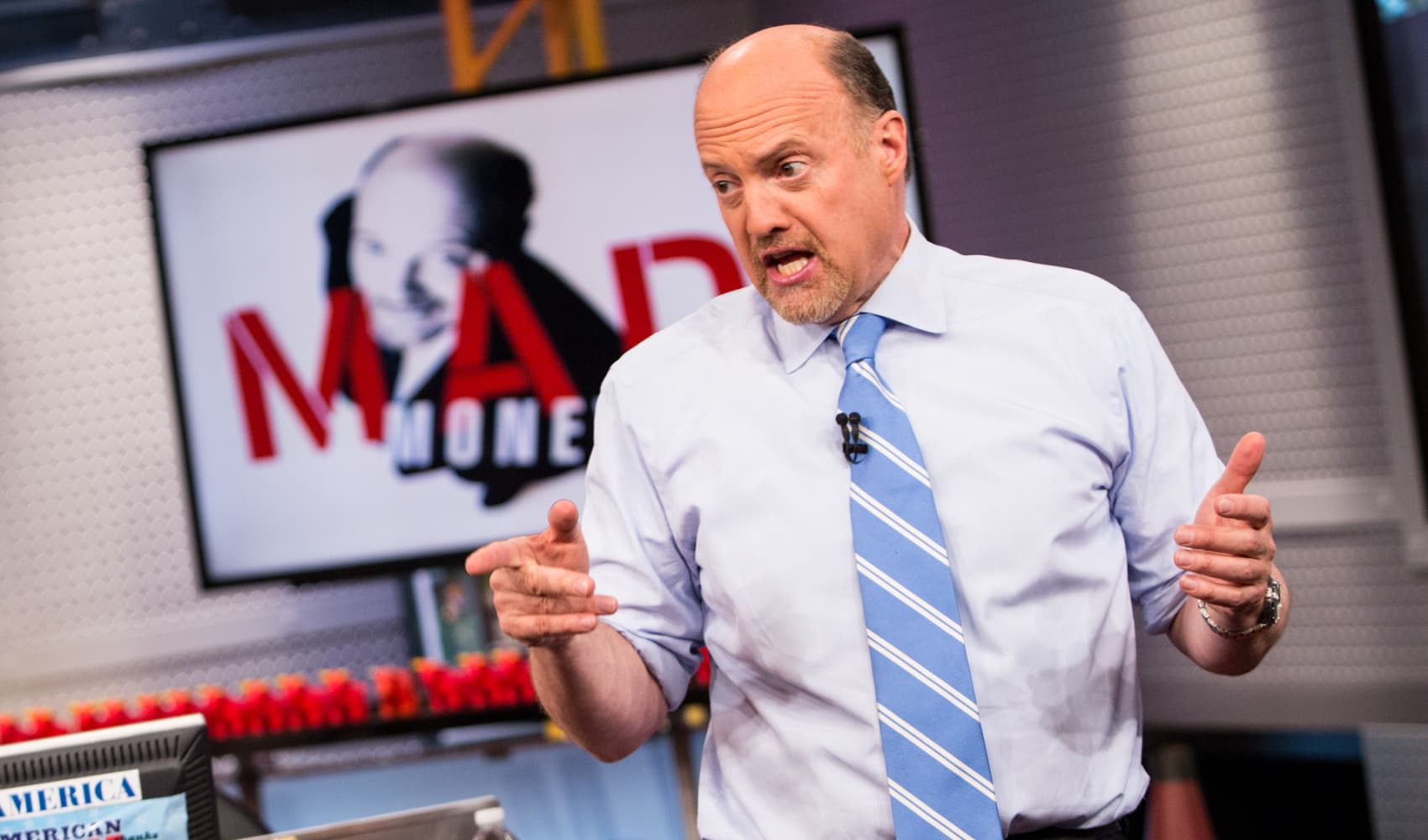
- The White House responded Monday night to Russian President Vladimir Putin's decision to recognize the independence of two breakaway regions of eastern Ukraine, levying a number of sanctions on the region.
- President Joe Biden signed an executive order that prohibits new investment, trade and financing by U.S. persons to, from, or in the so-called Donetsk People's Republic and Luhansk People's Republic regions of Ukraine.
- European leaders also condemned Putin's announcement and issued fresh threats to respond to the "blatant violation of international law."
WASHINGTON – The White House responded Monday night to Russian President Vladimir Putin's decision to recognize the independence of two breakaway regions of eastern Ukraine, levying a number of sanctions on the region.
President Joe Biden signed an executive order that prohibits new investment, trade and financing by U.S. persons to, from, or in the so-called Donetsk People's Republic and Luhansk People's Republic regions of Ukraine.
Get Philly local news, weather forecasts, sports and entertainment stories to your inbox. Sign up for NBC Philadelphia newsletters.
"To be clear: these measures are separate from and would be in addition to the swift and severe economic measures we have been preparing in coordination with allies and partners should Russia further invade Ukraine," White House press secretary Jen Psaki wrote in a statement announcing the executive order.
Psaki added that the Departments of State and Treasury will share additional details of the Biden administration's actions.
Putin's decision to recognize the breakaway areas in the Donbas came in an hour-long televised address Monday evening.
Money Report
A senior Biden administration official described Putin's address as "a speech to the Russian people to justify a war."
"This wasn't a speech just about Russia's security. It was an attack on the very idea of a sovereign and independent Ukraine. He made clear that he views Ukraine historically as part of Russia and he made a number of false claims about Ukraine's intention that seems designed to excuse possible military action," said the official, who spoke on the condition of anonymity in order to share details of the Biden administration's next steps.
The official also said that the U.S. and its allies will continue to monitor Russia's actions in the region and will respond appropriately should there be further aggression against Ukraine.
"We're going to take additional sanctions actions tomorrow and if Russia takes further actions, I suspect there will be further responses to those actions. That's how we have handled this until now and that is how we will continue to handle things going forward," the official said.

A UN Security Council official confirmed to NBC News that the group will hold an emergency meeting Monday at 9 p.m. ET. Russia currently holds the rotating presidency of the 15-member Security Council and will be running the meeting.
Earlier on Monday, Ukrainian Foreign Minister Dmytro Kuleba said he requested the urgent meeting of the U.N. Security Council.
Meanwhile, the State Department relocated diplomatic staff in Lviv, Ukraine to Poland on Monday evening.
"Our personnel will regularly return to continue their diplomatic work in Ukraine and provide emergency consular services," Secretary of State Antony Blinken wrote in a statement announcing the update.
"The fact that we are taking prudent precautions for the sake of the safety of U.S. government personnel and U.S. citizens, as we do regularly worldwide, in no way undermines our support for, or our commitment to, Ukraine. Our commitment to Ukraine transcends any one location," Blinken added.
Blinken reiterated U.S. calls for Americans to depart Ukraine immediately, adding that the security situation remains unpredictable and may deteriorate with little notice.
Blinken is slated to meet with Ukrainian Foreign Minister Dmytro Kuleba on Tuesday at the State Department.
The nation's top diplomat had previously agreed to a meeting with Russian Foreign Minister Sergey Lavrov this week. A senior Biden administration official declined Monday night to say if the meeting was still scheduled and referred questions on the matter to the State Department.
U.S. and European allies have warned that this kind of move by Putin could serve as a possible prelude to a Russian invasion.
European leaders also condemned Putin's announcement and issued fresh threats to respond to the "blatant violation of international law."
"The [European] Union will react with sanctions against those involved in this illegal act. The Union reiterates its unwavering support to Ukraine's independence, sovereignty and territorial integrity within its internationally recognized borders," wrote European Commission President Ursula von der Leyen and European Council President Charles Michel in a joint statement.
Meanwhile, U.K. Prime Minister Boris Johnson called the development "a very ill omen" and "a very dark sign."
"It's certainly yet another indication that things are moving in the wrong direction in Ukraine. The U.K. will continue to do everything we can to stand by the people of Ukraine with a very robust package of sanctions," Boris said Monday evening, adding that the U.K. will continue to fortify NATO's eastern flank.
British Foreign Minister Liz Truss tweeted Monday night that the U.K. would announce new sanctions on Russia on Tuesday.
NATO Secretary-General Jens Stoltenberg said Putin's announcement "further undermines Ukraine's sovereignty and territorial integrity" and erodes efforts towards a resolution of the conflict. He also called on Moscow to immediately reverse its massive military build-up on Ukraine's borders.
The president spoke to Ukrainian President Volodymyr Zelenskyy for nearly 40 minutes on Monday afternoon. Biden condemned Putin's decision to recognize the independence of the breakaway regions, updated Zelenskyy on the United States' sanctions response and reiterated that his administration would respond swiftly to further Russian aggression against Ukraine.
Following his call with the Ukrainian president, Biden spoke with French President Emmanuel Macron and German Chancellor Olaf Scholz on a coordinated response.






